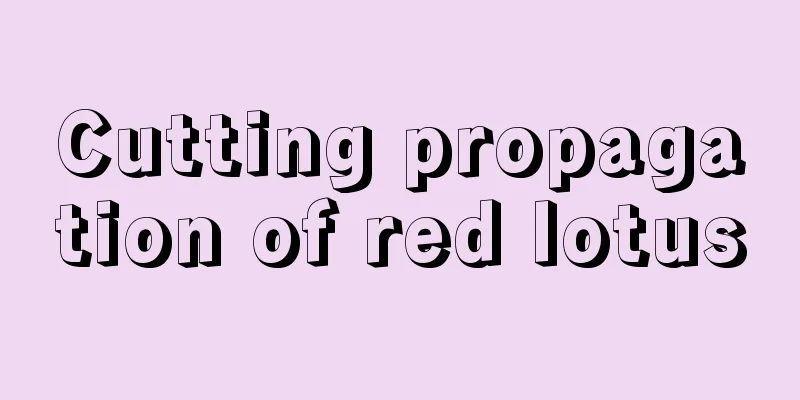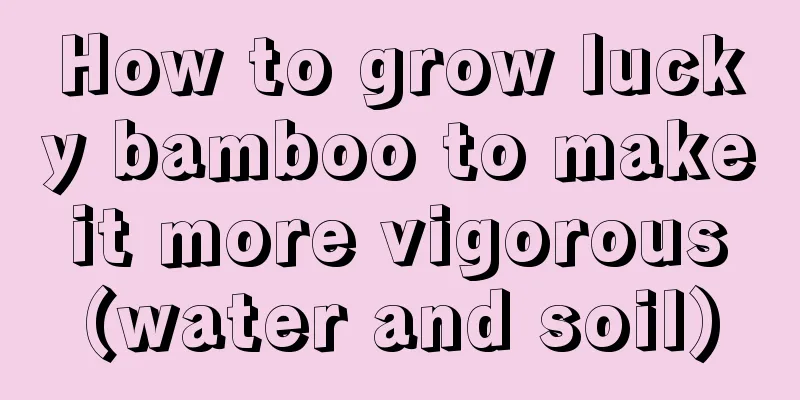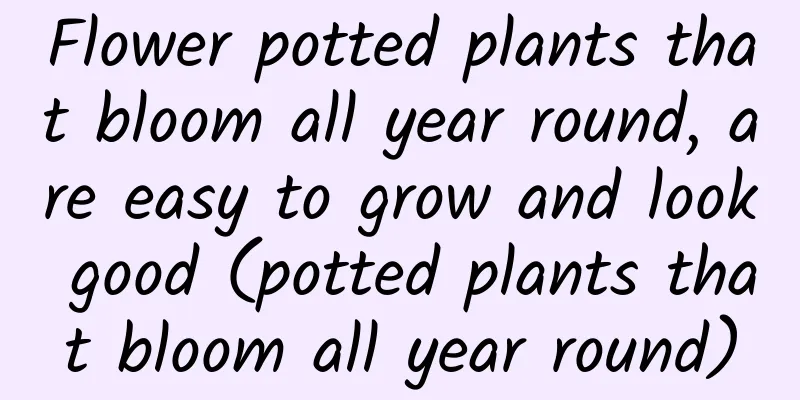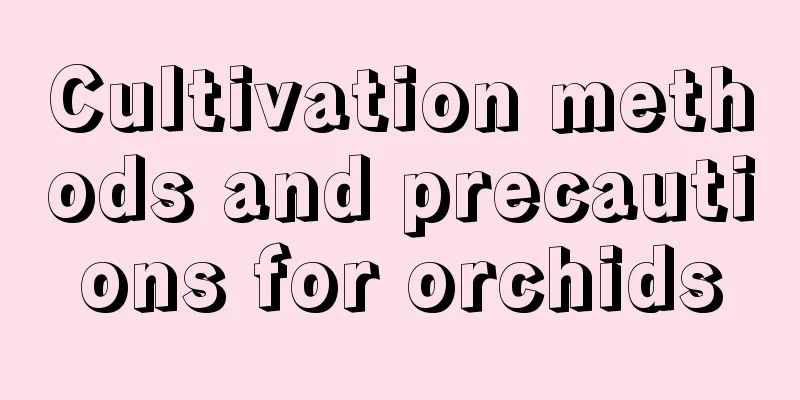The growth environment and local conditions of kelp
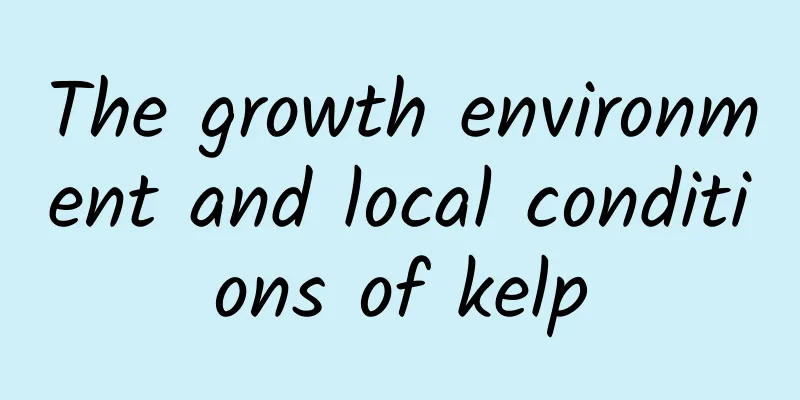
Kelp Growth Environment and ConditionsKelp generally grows on rocks on the seabed in the subtidal zone. It can also be artificially cultivated on ropes or bamboo. It is mostly distributed in the Northern Hemisphere, with a small amount distributed in the Southern Hemisphere. It is a species endemic to the North Pacific, with a small amount distributed in the Atlantic. Its growth is affected by temperature, light, nutrients and plant hormones. Kelp Growing Conditions1. The seabed where kelp grows should be flat, preferably a mud bottom or a muddy and sandy bottom, with a harder sandy bottom being second best, and the worst being a soft mud bottom, or a rocky reef bottom. 2. If kelp is artificially maintained, the water depth should be determined according to the cultivation form and the length of the seedling rope. It generally grows in sea areas above 5 meters during winter high tides. The breeding areas with strong currents and small waves are better. As long as a certain safety guarantee is provided, sea areas with deep water, strong currents and big waves are also suitable as breeding areas. The growth will be better in sea areas with cold water masses and upwellings. Kelp growth temperatureKelp is suitable for growing at temperatures between 1-13 degrees. The optimum temperature for kelp spore development is between 15-20 degrees, and preferably between 5-10 degrees. The growth of male and female gametophytes is fastest at 15 degrees and slowest at 5 degrees. Kelp growth processmy country's kelp generally grows naturally in the Bohai Sea and other sea areas. Due to the different latitudes of the sea areas, the maturity period of kelp is also different. However, it is generally harvested from May to July. Kelp planting time and methodWhen planting kelp, seedlings are produced through spore germination, but spore germination has very high requirements for seawater temperature. However, if the seawater temperature is artificially controlled, it is also very easy to cultivate. The kelp spores can germinate into seedlings in the nursery room. The kelp seedlings are clamped into the seams of the hemp rope, and the hemp rope is tied to the floating raft of the farm. After cultivation, it becomes a kelp field. |
<<: The growth environment and local conditions of Setaria viridis
>>: Olive Growing Environment and Growing Area Conditions
Recommend
Summer maintenance method of succulent plant peach egg
Summer maintenance As spring slowly draws to a cl...
What's wrong with the green radish dripping water?
1. Drip phenomenon In fact, dripping water from l...
How to use sodium hypochlorite disinfectant and precautions
Sodium hypochlorite disinfectant is a liquid disi...
How often should I water the Lotus Lantern?
How often should I water the Lotus Lantern? Gener...
What kind of flowerpot looks good for a fortune tree?
What kind of flower pot is suitable for the fortu...
What kind of soil should be used to grow goldfish spider plants
1. Suitable soil Goldfish spider plant is suitabl...
If you are tired of raising green plants, it is better to raise a pot of "Purple Bamboo Plum". Don't worry about it, the branches and leaves will grow wildly
Well, today Huahua will not disappoint the sincer...
How to fertilize Oncidium
1. Time of fertilization The time for fertilizati...
How often should I water the anthurium?
1. Watering frequency Generally, water it once ev...
What areas are suitable for peach tree planting conditions?
Peach tree planting conditions When planting peac...
How to eat mangosteen and what are its benefits? Can the core of mangosteen be eaten?
1. How to eat The way to eat mangosteen is very s...
The cultivation methods and precautions of chive orchid
The plant of chive orchid is very easy to grow. T...
Can Wisteria be potted?
Can Wisteria be potted? Wisteria can be planted i...
How to prune small lilies
When to prune lilies When the lily grows to about...
What to do if the leaves of bamboo palm turn yellow
The reason why leaves turn yellow Too much light ...

